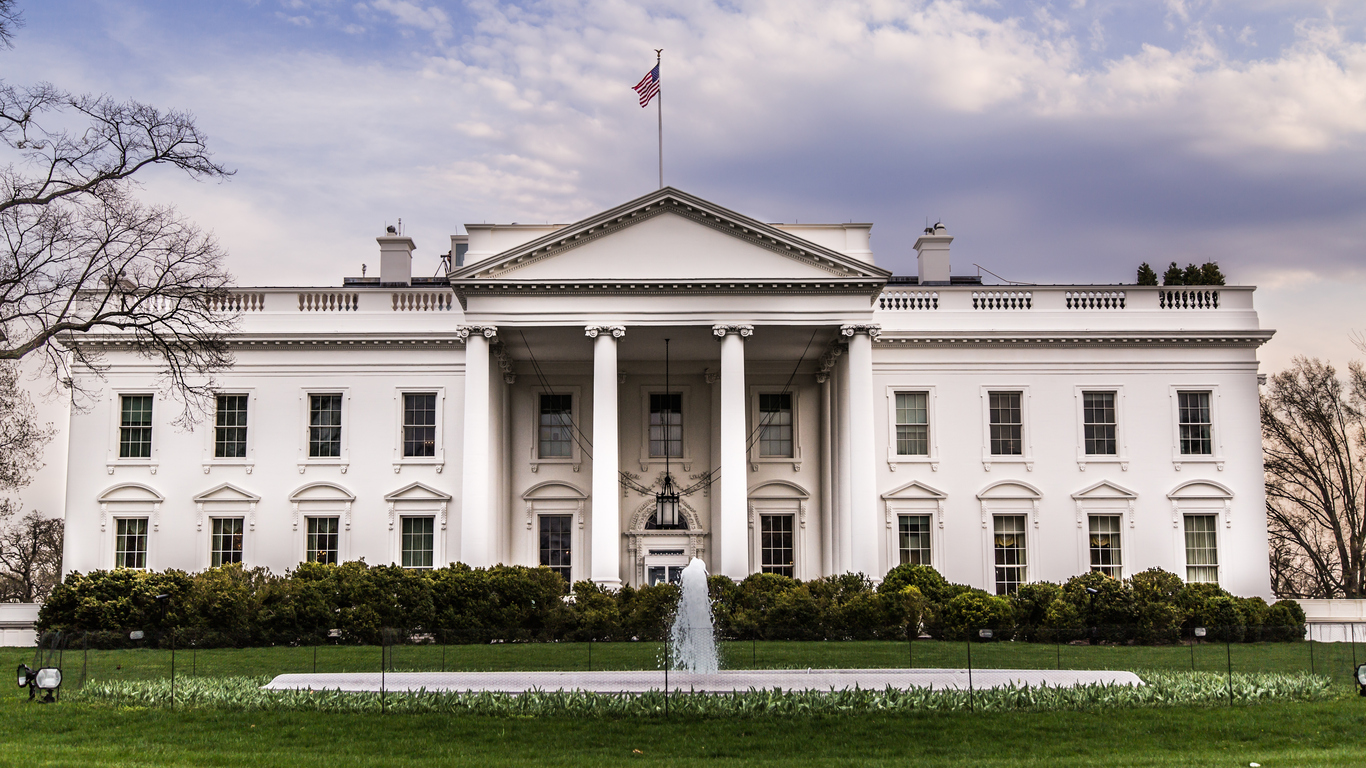President Trump’s travel ban is on track to temporarily take effect, at least until the Court of Appeals rule, as the Supreme Court overturned the “stay” that had parts of the Muslim Ban on hold, on Monday. The travel ban is the third and newest version and was issued by the President back in September. The travel ban imposes varying types of severe travel restrictions on citizens from Chad, Iran, Libya, North Korea, Somalia, Syria, Venezuela, and Yemen according to The New York Times. Citizens from these countries “will be barred from entering the United States, along with some groups from Venezuela.”

With this recent news update, the Atlanta immigration lawyers here at Kuck Immigration Partners want to makes sure our clients and friends are prepared for the next time you decide to travel outside of the U.S. With the travel ban taking effect and immigration laws becoming stricter, you don’t want to take a chance traveling outside the U.S. and not be fully prepared to do so. Below we offer you some tips to consider if you are thinking about taking a trip abroad for the holidays or if you are planning on traveling for work or for other personal reasons.
As a Lawful Permanent Resident, when traveling outside of the U.S., bear in mind the following:
- Be sure you have all the required documentation to do so. You will likely need your passport from your country of citizenship or and your “green card” (permanent resident card) when attempting to travel to a foreign country, along with any necessary visas to visit that foreign country.
- Check with the Department of State to determine if the country in which you are traveling to requires something additional from you such as a visa. This is something our immigration attorneys can help you with also.
- When it comes time to reenter the U.S., you will need to present your valid, unexpired green card, along with your valid, unexpired foreign passport. Upon your arrival at a port of entry, you will be asked by a U.S. Customs and Border Protection Officer to present this card and any other identity documents that are required of you. CBP will use these items, along with other information to decide if you are permitted to enter back into the U.S.
- While you are permitted to travel outside of the U.S., the U.S. Customs and Immigration Services (USCIS) states that if it is determined that you did not intent on making the U.S. your permanent home, you “will be found to have abandoned your permanent resident status.” That means if you travel for longer than six months abroad in any given 12 month period, you are putting your permanent resident status at risk. Remember, it is a permanent RESIDENT card, not a permanent VACATION card!
- If your trip abroad is expected to last more than six months, we suggest that you first apply for a reentry permit by submitting Form I-131 with the USCIS and completing your fingerprinting prior to departure. Doing this could prevent you from having to obtain a returning resident visa (SB-1) from a U.S. Embassy or Consulate abroad, if that is even possible in your case.
To ensure you are properly prepared for your next trip, the immigration attorneys at Kuck Immigration Partners remind you that we are here to provide you any advice or guidance you might be seeking. You can contact our firm with immigration-related questions or concerns and one of our skilled attorneys will be glad to get a consultation set up for you to discuss your matter in detail. We can be reached at 404-816-8611.






